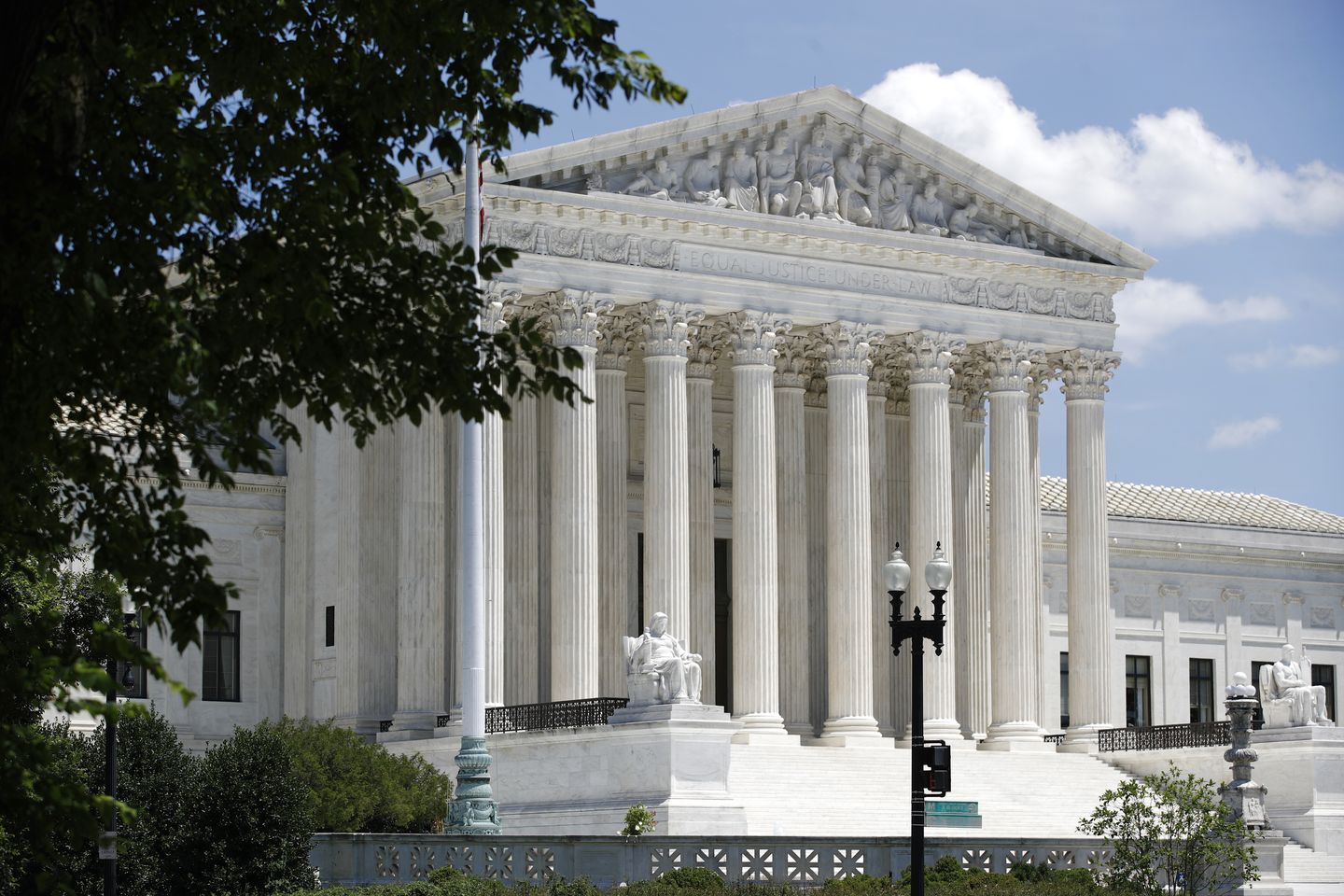The Supreme Court is set to hear arguments regarding former President Donald Trump’s claim of “absolute immunity” from criminal charges this week. If the court rules in Trump’s favor, it could have far-reaching implications for the criminal cases he is currently facing. Trump’s legal team has argued that as president, he was immune from all criminal investigations and prosecutions, a claim that has been rejected by lower courts. The Supreme Court’s decision on this matter could potentially impact not only Trump’s legal troubles, but also the broader issue of presidential immunity.
The concept of presidential immunity has been a topic of debate for many years, with the Supreme Court previously ruling that presidents are not immune from civil lawsuits while in office. However, the question of whether a sitting president can be criminally prosecuted has not been definitively answered. Trump’s legal team has argued that allowing criminal charges to proceed against a sitting president would be distracting and harmful to the functioning of the executive branch. On the other hand, critics of Trump’s immunity claim argue that no one, not even the president, should be above the law.
The outcome of the Supreme Court’s decision on Trump’s immunity defense could have significant implications for the criminal cases he is currently facing. Trump is currently under investigation for potential financial crimes, tax fraud, and obstruction of justice, among other charges. If the court rules in his favor, it could potentially lead to the dismissal of these charges, allowing Trump to avoid prosecution for alleged illegal activities. This decision could also set a precedent for future presidents, potentially shielding them from criminal prosecution while in office.
The Supreme Court’s decision on Trump’s immunity defense is likely to be closely watched by legal experts, politicians, and the public. The issue of presidential immunity is a complex and contentious one, with strong arguments on both sides. Supporters of Trump’s immunity claim argue that it is essential to protect the president from politically motivated criminal charges, while opponents argue that no one, not even the president, should be above the law. The court’s decision could have far-reaching consequences for the balance of power between the executive, legislative, and judicial branches of government.
In conclusion, the Supreme Court’s decision on former President Donald Trump’s claim of “absolute immunity” from criminal charges is a highly anticipated and potentially consequential ruling. If the court rules in Trump’s favor, it could have a significant impact on the criminal cases he is currently facing, potentially leading to the dismissal of charges against him. The issue of presidential immunity is a complex and controversial one, with strong arguments on both sides. The court’s decision could set a precedent for future presidents and have far-reaching implications for the balance of power between the branches of government. It remains to be seen how the court will rule on this important legal and constitutional issue.









